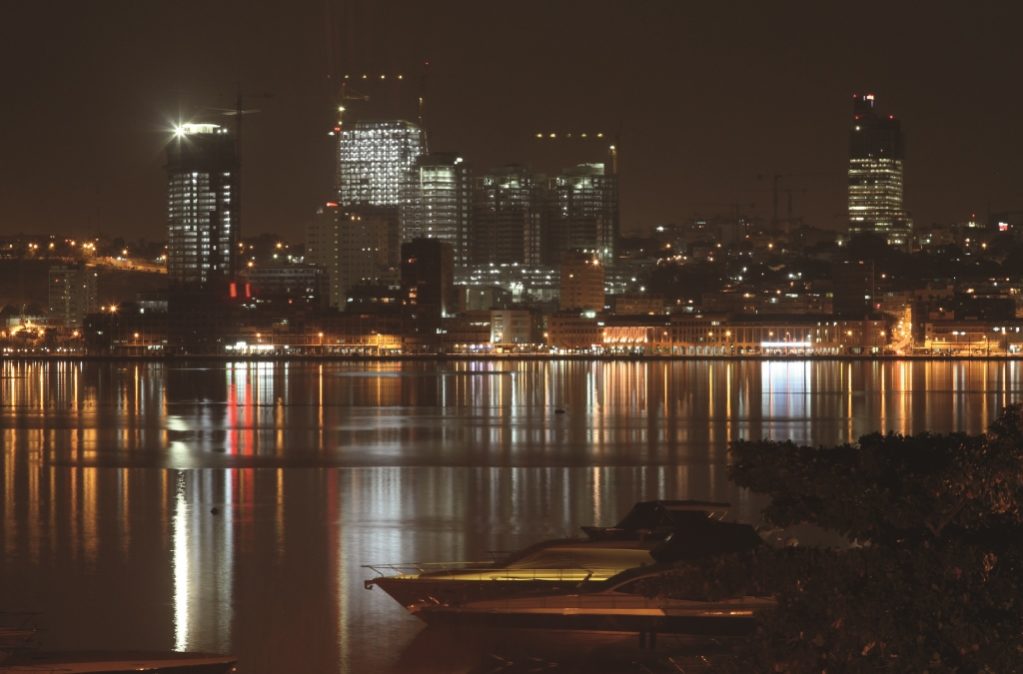
Growth will be driven by government expenditure as revenues increase through higher oil production and prices
Following a remarkable run of double-digit growth, the Angolan economy took a hit in 2009 and 2010 due to a fiscal and balance of payments crisis. However, the signs of a strong recovery are in the offing and economic prospects are now looking brighter. Already all three main rating agencies, Moody’s, Fitch and Standard & Poor’s, have raised the country’s sovereign rating. The International Monetary Fund (IMF) expects GDP growth of 3.7% in 2011, building on the 3.4% of 2010. The IMF expects growth to accelerate to 10.8% in 2012. Growth will be driven by government expenditure as revenues increase through higher oil production and prices. The IMF’s stand-by arrangement (SBA)—a credit line—which runs until February 2012, is likely to anchor macroeconomic policies in the medium-term at least.

Growth will be driven by government expenditure as revenues increase through higher oil production prices
Government expenditure will focus on massive social and infrastructural gaps in the economy. The construction sector will continue to play a central role. The mining sector is likely to get a boost as the government plans to diversify the economy away from oil and gas production, as recommended by the IMF. Angola has substantial mineral deposits which include iron ore, copper and diamonds. The mining sector was deemed unviable during the civil war and neglected. After the civil war, the sector took a back seat to oil and gas production and attracted little investment. A major development in the mining sector will be the introduction of a new mining code that is aimed at boosting investment into the sector. The code was passed by parliament in July this year and is set to come into effect by year-end. The state, through its mining company Endiama, aims to play a major role and to take 51% in all diamond mines.
Loading...
Infrastructural bottlenecks and robust domestic demand are likely to keep infl ation elevated in the months ahead. On the political front, the ruling Movimento Popular de Libertacao de Angola (MPLA) continues to dominate.

Oil Platform offshore Angola
It holds 191 of the 220 seats in parliament. The fractured opposition will only help the MPLA keep power. Elections are set for late 2012. The incumbent president, Jose Eduardo dos Santos, is expected to stay in power. In February 2010, the country adopted a new constitution whereby the president is no longer elected by popular vote; instead the president will be from the party with the most seats in parliament. The government has faced huge challenges since the end of the civil war. Poverty is still prevalent despite the country’s huge mineral wealth. Infrastructure remains poor following decades of civil war. There is discontent among the people, who feel they should be getting their fair share of economic prosperity. This discontent is unlikely to see a repeat of the “Arab Spring” on the south-west coast of Africa, though. Angolans are weary of conflict.
Loading...
